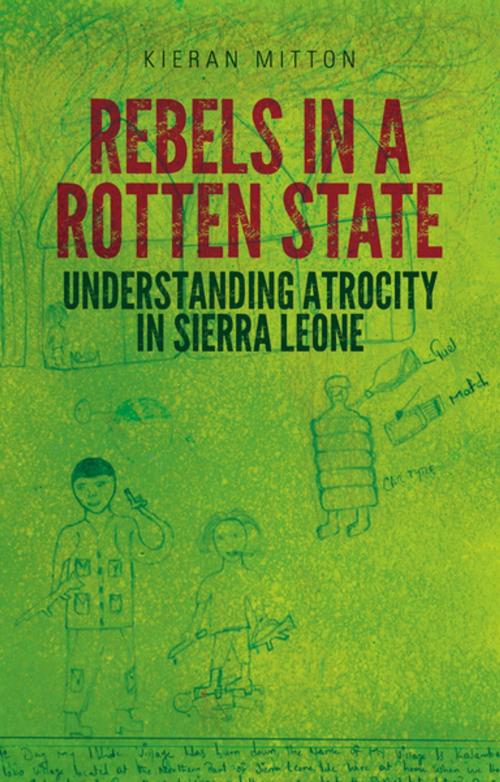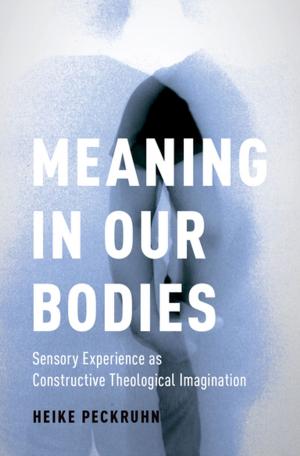Rebels in a Rotten State
Understanding Atrocity in the Sierra Leone Civil War
Nonfiction, Science & Nature, Technology, Military Science, Social & Cultural Studies, Political Science, History| Author: | Kieran Mitton | ISBN: | 9780190613358 |
| Publisher: | Oxford University Press | Publication: | January 10, 2015 |
| Imprint: | Oxford University Press | Language: | English |
| Author: | Kieran Mitton |
| ISBN: | 9780190613358 |
| Publisher: | Oxford University Press |
| Publication: | January 10, 2015 |
| Imprint: | Oxford University Press |
| Language: | English |
The atrocities of civil wars present us with many difficult questions. How do seemingly ordinary individuals come to commit such extraordinary acts of cruelty, often against unarmed civilians? Can we ever truly understand such acts of 'evil'? Based on a wealth of original interviews with perpetrators of violence in Sierra Leone's civil war, this book provides a detailed response. Moving beyond the rigid bounds of political science, the author engages with sociology, psychology and social psychology, to provide a comprehensive picture of the complex individual motives behind seemingly senseless violence in Sierra Leone's war. Highlighting the inadequacy of current explanations that centre on the anarchic nature of brutality, or conversely, its calculated rationality, this book sheds light on the critical but hitherto neglected role played by the emotions of shame and disgust. Drawing on first-hand accounts of strategies employed by Sierra Leone's rebel commanders, it documents the manner in which rebel recruits were systematically brutalised and came to perform horrifying acts of cruelty as routine. In so doing, it offers fresh insight into the causes of extreme violence that holds relevance beyond Sierra Leone to the atrocities of contemporary civil wars.
The atrocities of civil wars present us with many difficult questions. How do seemingly ordinary individuals come to commit such extraordinary acts of cruelty, often against unarmed civilians? Can we ever truly understand such acts of 'evil'? Based on a wealth of original interviews with perpetrators of violence in Sierra Leone's civil war, this book provides a detailed response. Moving beyond the rigid bounds of political science, the author engages with sociology, psychology and social psychology, to provide a comprehensive picture of the complex individual motives behind seemingly senseless violence in Sierra Leone's war. Highlighting the inadequacy of current explanations that centre on the anarchic nature of brutality, or conversely, its calculated rationality, this book sheds light on the critical but hitherto neglected role played by the emotions of shame and disgust. Drawing on first-hand accounts of strategies employed by Sierra Leone's rebel commanders, it documents the manner in which rebel recruits were systematically brutalised and came to perform horrifying acts of cruelty as routine. In so doing, it offers fresh insight into the causes of extreme violence that holds relevance beyond Sierra Leone to the atrocities of contemporary civil wars.















